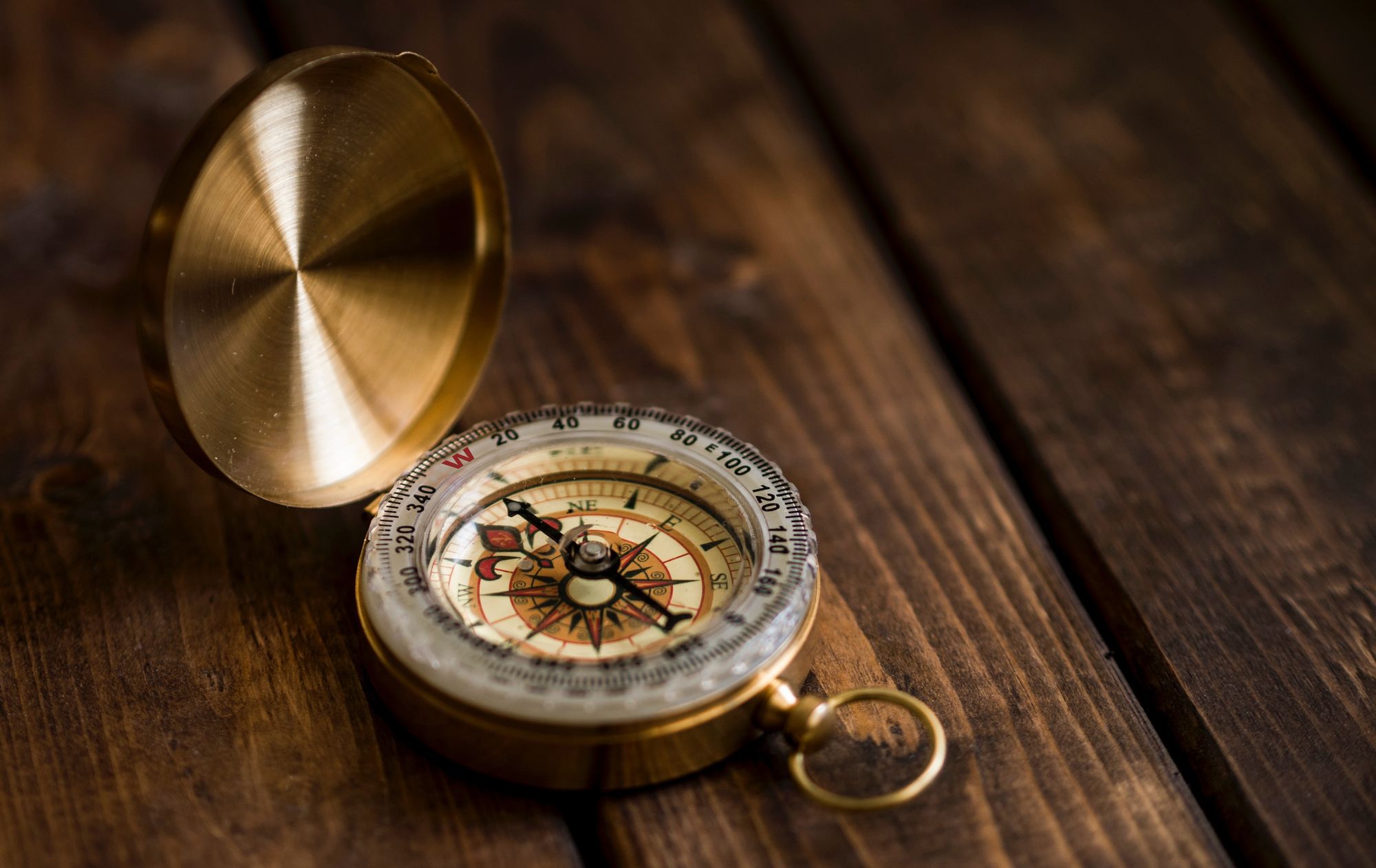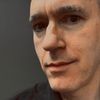Recalibrating wisdom for the 21st Century
Recalibrating the concept of wisdom to meet the demands of our information-saturated, hyper-connected world is long overdue. We need a benchmark we can aspire to, and a compass to help guide society as it faces the challenges of unprecedented and rapid change.

Wisdom is not a word we hear used very much today, unless it’s to express something negative, such as “they lack wisdom” or “they’re wise in their own eyes”. Indeed, the very idea of someone discussing wisdom can feel both quaint and supercilious, as if the speaker longs for an era devoid of any relevance today, or perhaps believes themselves to be better than everyone else.
Yet wisdom is a quality we sorely lack in the 21st Century.
Our instantaneous access to the world’s knowledge through a browser’s search bar spawns an illusion that there is nothing we do not know, instilling us with an unearned certainty we mistake for truth. Compounding this is the sheer volume of information we are incessantly exposed to. No human being has the mental bandwidth to cope with this deluge, so we willingly trade our own time-consuming quest for truth for the easiness of having our knowledge curated for us by others we assume know best.
Our need to recalibrate the concept of wisdom to meet the demands of our information-saturated, hyper-connected world is long overdue. So in this article we attempt to define wisdom in a manner that makes practical sense to us today, not only as a benchmark we can each aspire towards, but also as a compass to help guide society as it faces the challenges of uncharted waters.
1. Start from a place of assumed ignorance
It is something of a cliché to quote Socrates when talking about wisdom, and anyone who has attempted to find the source of his widely quoted “The only true wisdom is in knowing you know nothing” will be disappointed to discover that Socrates never said these words himself. Nor even did his biographer, Plato. This putative quotation is more of a paraphrase or summing up of Socrates’ understanding of wisdom rather than a direct quote.* But as we’ll discover shortly, it remains a key principle in any pursuit of truth.
The word ‘wisdom‘ comes from the Proto-Indo-European word “weyd-”, meaning to see. It is the same root as words such as ‘view’, ‘vision’ and ‘advise’, but also the German word ‘wissen’ meaning to ‘to know’ (e.g. Ich weiss nicht = I don’t know).
Wrapped up in its etymology, therefore, is the idea that wisdom is related to knowledge, and knowledge is related to seeing. We could consider this relationship in purely physical terms, as an empiricist might, in that knowledge is based on experience derived from the senses (including vision). Or we could consider this relationship in abstract terms, as expressed in phrases such as “I see where you’re coming from” and “to hold another view”. Such phrases refer not to physical views but to abstract knowledge (however that might be defined), expressed to another person through a common language.
Immediately this tells us three things. Firstly, some knowledge cannot be experienced purely through the senses. We’ll discuss what and why in a separate essay. Secondly, some knowledge is only available to us by means of another person. Thirdly, there are some things that we personally don’t know that others do, and vice versa. It’s as if we need one another to even come close to understanding the true nature of reality.
2. Grow in wisdom by seeing through others
If we combine what we know with what someone else knows, we’ll obviously know more than we both did prior to our conversation. In other words, we’ll each ‘see’ more. But even then, will we know everything? Is it not possible that we will encounter yet another person—a third person (then a fourth, and a fifth etc.)—who knows something that we both do not, even after we have combined all the knowledge of the second person with our own?
Is it not possible, then, that we could spend our entire lives meeting new individuals who know something we do not? And that if we had some way to assimilate their knowledge, then our own knowledge would be greater than it had been previously? Even then, would we have exhausted all there is to know? Could we claim that we now knew perfectly? That we could finally see things as they really are, because we could see things from every conceivable perspective?
Surely all we can confidently say, at any point in our lives, is that we know better than we once did. But we can only say this if we are growing in our ability to see more… If we are growing in wisdom.
3. Become a multi-perspective thinker
If we believe that we already know everything there is to know, or if we believe that we know more than the person we are encountering, what need do we have to learn from anyone else? Won’t we already be as wise as we can possibly be? Doesn’t the growth in our wisdom stop right there because we believe we have nothing else to learn? Whilst we may learn new skills and facts, and whilst we may even become the best in the world at what we do, we can never grow in wisdom because we are already wise in our own eyes.
Now we see the truth behind the Socratic pseudo-quotation “The only true wisdom is in knowing you know nothing”, because whenever we begin with the assumption that we personally know nothing, it puts us in a position where we at least have the chance to learn how to see the world from a different perspective. Once we begin putting those differing perspectives together, that’s when we begin to touch on the idea of what wisdom is as distinct from knowledge.
Wisdom is the difference between seeing an object as a flat two-dimensional image versus being able to walk all around it. Once we can do that, what we see is a three-dimensional object, related to its own universe in every conceivable direction: across time, across space, across context. Which means that now what we see is not just the object, it’s the full potential of that object—and its significance within any given set of circumstances.
4. Redefine every conversation as an opportunity to ‘see’
We might therefore summarise wisdom as follows:
Wisdom is multi-perspective knowledge that gives us the ability to see the true nature of things, as expressed by their potential and relatedness to everything else.
Whether or not we could ever achieve such ‘englightenment’ ourselves is another matter entirely. The point should be that we continuously seek to grow in wisdom day by day.
But we can only ever hope to achieve this if we put aside our own certainty and desire to tell the world how wrong they are and learn to the see the world through the eyes of others. The more different their perspective, the better. That way we have the greatest chance to discover something we’re missing.
What better opportunity to discover new perspectives in a world that is as hyper-connected and accessible as our own?
🧭 Take home tips
- Whenever you have a conversation or social media interaction with someone who appears to see things differently to you, use it as an opportunity to learn from them (even if you think they’re wrong), rather than a mission to bring them round to your own way of thinking.
- Be curious about discovering why someone thinks differently to you, and see if you can temporarily shift your own perspective to see things through their eyes, just as an actor might temporarily take up a new character.
- Detach yourself emotionally from your own perspective. See it as separate to you, something you can examine like an object from every angle, and put aside if it’s no longer useful to you. Do the same with other people’s perspective.
- Finally, bring together your own perspective with theirs, examining how they interact with one another, and why. Then learn to see any greater truth that this new multi-perspective knowledge brings you.
- [Advanced] Deliberately put yourself in situations where you’ll encounter people you know will see things differently to you.

